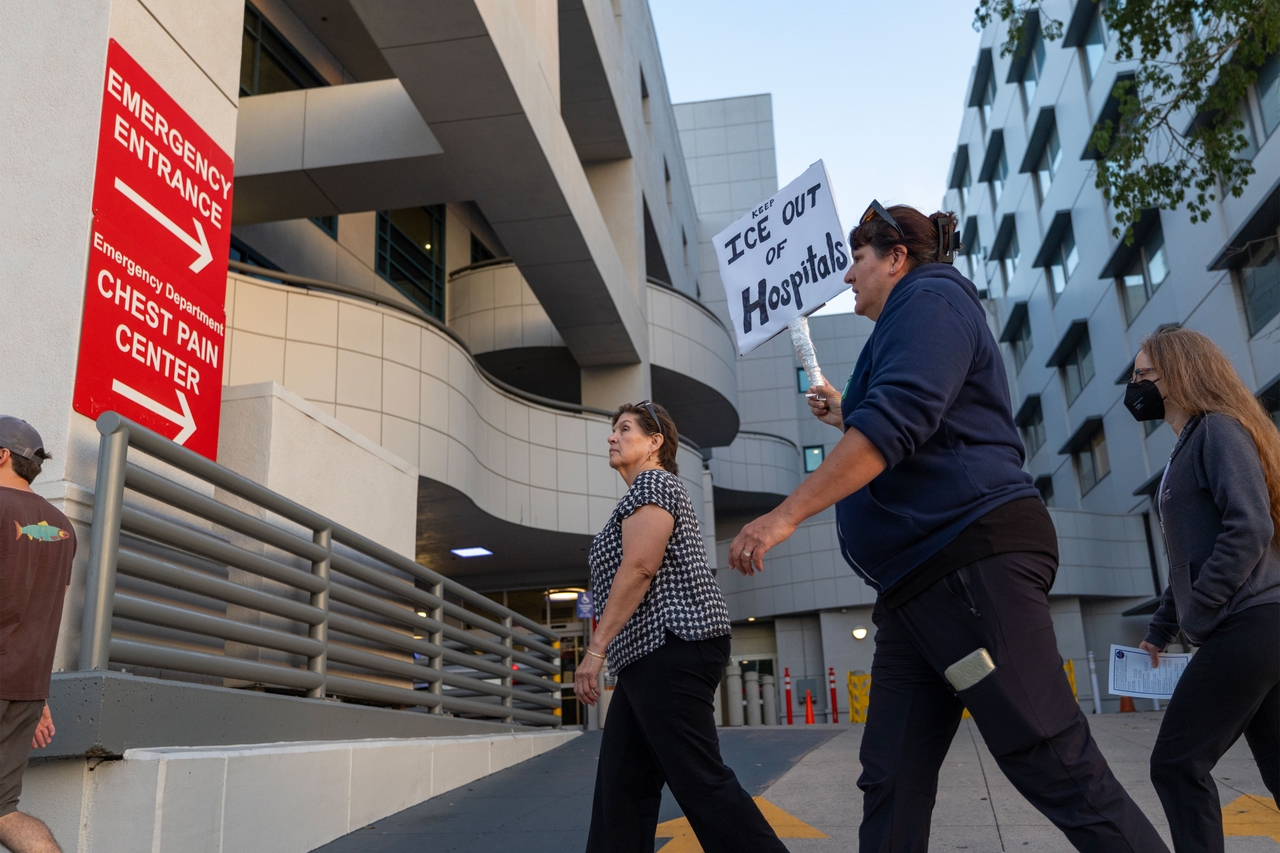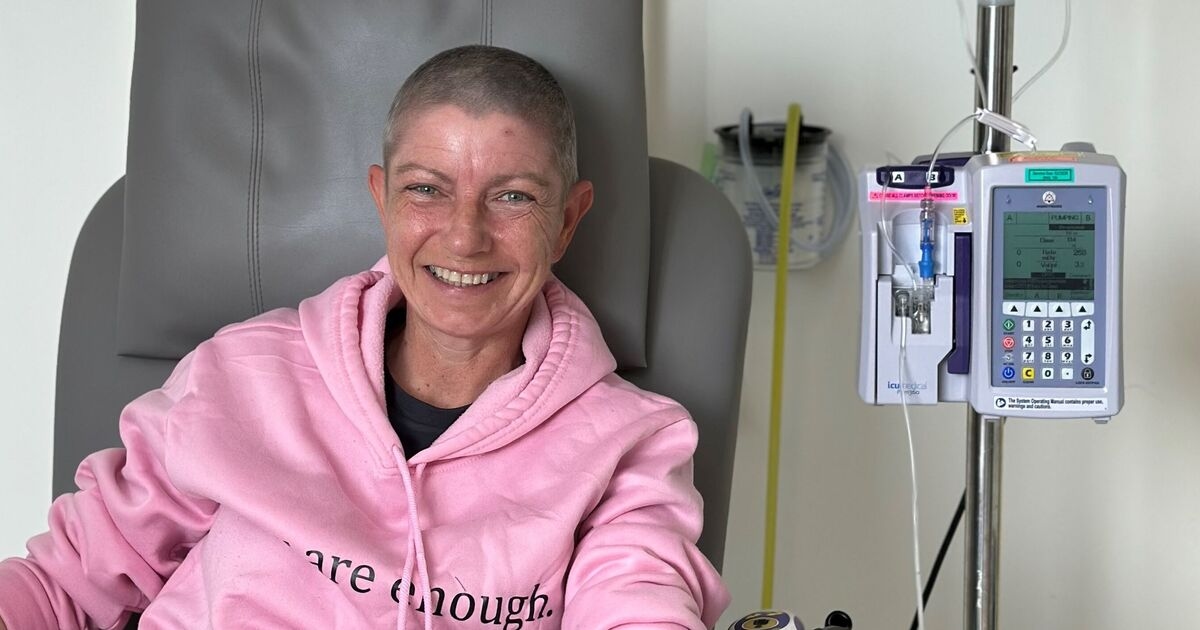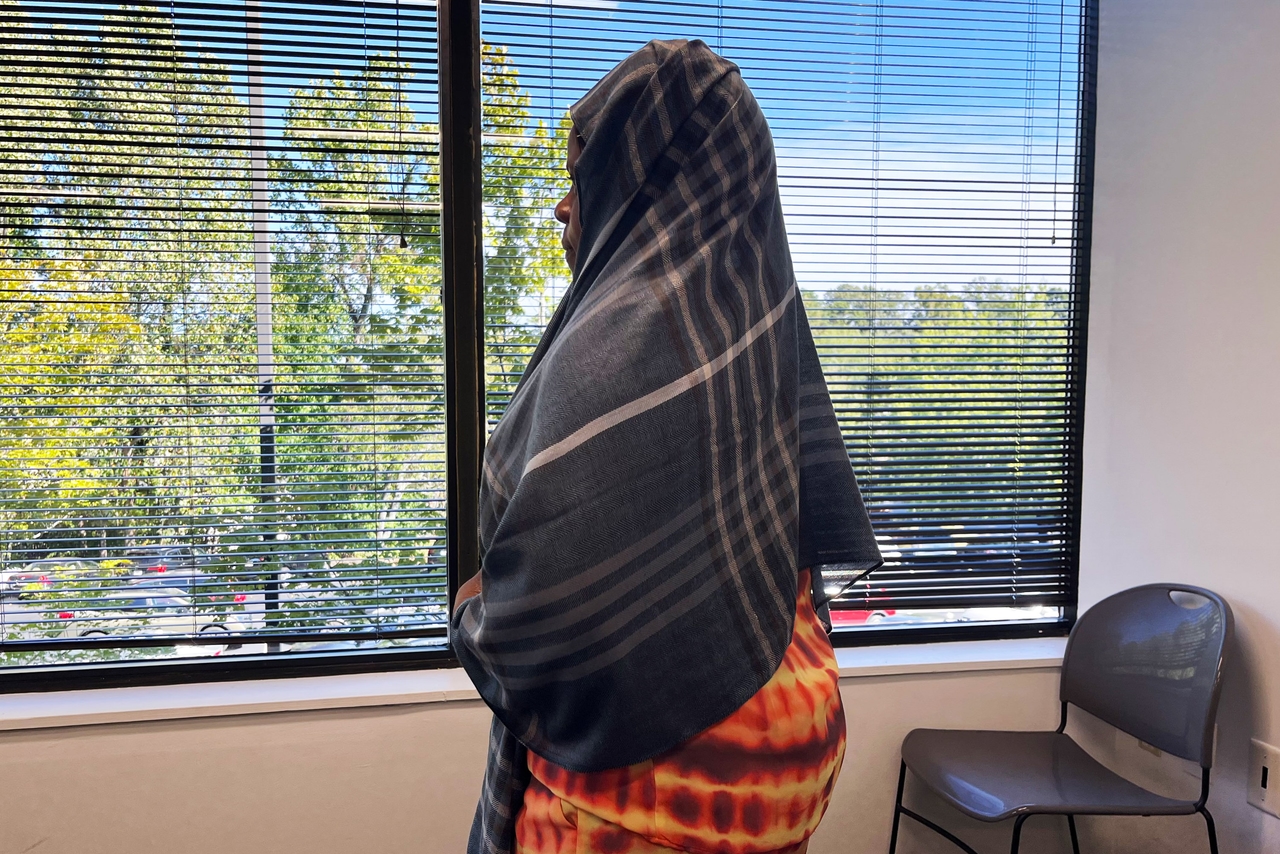Fibromyalgia was slowly killing me and doctors were useless. Here's how I finally cured my chronic pain with an ancient medicine and got my life back

Published: | Updated:
When Lee Holmes awoke one morning in 2008, a deep, unshakeable ache gripped her body and a wave of exhaustion pinned her to the bed. She hadn’t exercised, partied or touched a drop of alcohol – yet she felt as though she'd been hit by a truck.
For the single mother from Sydney, even standing up felt impossible, but she pushed through, determined to get her daughter to school and herself to work.
'I felt really achy all over my body all of the time. I eventually started noticing my hair was falling out and ending up on my pillow,' Lee, now a nutritionist and founder of Supercharge Your Gut, told the Daily Mail.
The pain and fatigue only worsened over time. Worried, Lee went to her doctor for tests – only to be told nothing was wrong.
What followed was a cycle of doctor appointments, blood tests and scans, with no answers in sight and symptoms that baffled even experienced specialists.
'I felt like I was in a pinball machine. I was constantly in and out of St Vincent's Hospital, bouncing from one specialist to another,' the 58–year–old said.
'I felt gaslit by the medical system. While I do believe in Western medicine, this felt unfair. I just wanted answers but no one could tell me what was wrong.
'I was like, "Is it in my head?"'
It took four years for nutritionist Lee Holmes, a single mother from Sydney, to be diagnosed with fibromyalgia
When her symptoms worsened, Lee had to quit her job in 2010. It wasn't until two years later that she discovered a solution
Eventually, after four frustrating years of searching, Lee would be diagnosed with fibromyalgia, a chronic condition that causes widespread pain, exhaustion and mental fog.
It's often misunderstood, even by medical professionals, due to symptoms that can mimic other illnesses and look invisible from the outside.
Sufferers can experience body pain, fatigue, sleep problems and brain fog – with no clear cause and often no swift diagnosis.
But before her diagnosis, all Lee got were prescriptions for the various symptoms – nothing to address the underlying cause. Pregabalin for nerve pain, antidepressants for mood as well as pain relief, muscle relaxants and steroids.
'While these medications masked the symptoms, they also came with challenging side effects like persistent fatigue, dizziness and digestive discomfort, which sometimes felt almost as debilitating as the fibromyalgia and inflammatory dysregulation itself,' she said.
The steroids were the worst: they made her face swell and eventually triggered drug-induced psychosis after several months.
By 2010, the relentless toll of chronic pain and the punishing side effects of her medication forced Lee to walk away from her beloved job at the Australian Broadcasting Corporation – a loss that left her heartbroken.
With no end in sight, her doctor appointments were becoming soul-crushing, too. A low point was when a specialist bluntly told her: 'You have the cells of an Aids patient and I don't know why.'
When she finally got an answer – fibromyalgia – Lee admits she was a nervous wreck.
She felt guilty for how the illness had impacted her family life – especially how much she needed to sleep. At the time, her daughter was 13 and needed an attentive and present mother in her life.
Once Lee finally had a name for her debilitating symptoms, she began to look at her diet and daily habits for answers in search of relief, having felt let down in the past by conventional medicine.
She started by simplifying the food she ate – turning away from processed products and big, heavy meals and focusing on simple dishes like bone broths, slow-cooked stews and root vegetables that were gentle on her stomach.
'I cooked really simple foods that were gentle on my tummy and started noticing a difference,' she recalled.
She paid close attention to ingredients, experimenting to learn what helped her feel better and what made her symptoms worse.
Lee also embraced lifestyle changes such as yoga, outdoor walks and meditation – all of which helped soothe her mind and body, easing both pain and fatigue.
'I learnt about the ingredients I was using and discovering what I could cook with to detox my body,' she added.
Through new meal and movement routines, Lee was finally able to manage the pain, brain fog and tiredness that had ruled her life for so long.
She found that choosing warming foods, cooking with vegetables and healthy fats, and getting plenty of rest were especially helpful.
Lee, pictured in India, found Ayurveda to be more effective than any of the drugs she was prescribed
Ayurveda is a holistic Indian healing system that helps you to achieve balance through dietary changes, herbal remedies, yoga, meditation, massage and detoxification therapies.
Central to Ayurvedic philosophy are the three doshas – Vata, Pitta and Kapha – which represent different combinations of the five elements (earth, water, fire, air and space). Each person has a unique constitution, or prakriti, determined by the balance of these doshas.
While widely practised in India, Ayurveda is increasingly used as a complementary approach to health and chronic conditions in the West
While searching for answers, Lee also came across Ayurveda – an ancient system of Indian medicine focused on diet, lifestyle and balance.
Interested in its practical advice, she travelled to Kerala, India, for a course.
There she learned how nutrition and daily habits could support the body and reduce symptoms.
'The course started with yoga and meditation, before explaining how Ayurveda focuses on prevention by addressing the root cause of the problem – something I believe was ignored by doctors back home,' she said.
She learned about different energy types – or 'doshas' – and found eating warming foods such as soups and stews, cooked vegetables, and healthy fats helped her manage pain and fatigue.
'Balancing my own dosha through tailored dietary choices allowed me to fuel my body correctly and prevent inflammation from recurring,' Lee said.
Lee explained she had come to understand fibromyalgia through the lens of Ayurveda, which classifies it as a Vata imbalance – a disruption of the dosha associated with movement, the nervous system and the elements of air and space.
Those with a Vata constitution are encouraged to stay warm, steer clear of frozen foods, prioritise rest, spend time walking outdoors, nurture creativity, and begin the day with gentle yoga movements like cat-cow stretches.
By adopting these practical principles, Lee gradually experienced relief and saw significant, lasting changes in her health.
'I'm not bedbound anymore. I'm not debilitated. And now I'm aware when I'm getting overwhelmed and can stop and re-implement strategies like yoga, breathing or meditation.
'I think it's a really good tool to have for life.'
While her symptoms do flare up from time to time, Lee now has proven methods to keep things under control.
Her journey is a reminder when Western medicine falls short, small shifts in diet and routine can make a real difference for people living with fibromyalgia.
In 2009, researchers in Norway explored the effects of Maharishi Ayurveda on women diagnosed with fibromyalgia.
Thirty-one women with diagnosed fibromyalgia underwent a personalised Ayurvedic program at the Maharishi Ayurveda Health Centre in Norway.
The treatment included Maharishi Vedic physiological purification therapy, along with tailored dietary guidance based on Ayurvedic principles, including food intolerance management and daily routines.
After six months, the research found that 28 subjects (90 per cent) completed the follow-up and their symptoms were reduced by 24 to 46 per cent.
In this pilot study, the fibromyalgia patients showed significant improvements six months post treatment.
Since fibromyalgia is considered a treatment–resistant condition, these encouraging results warrant further research.
Daily Mail





